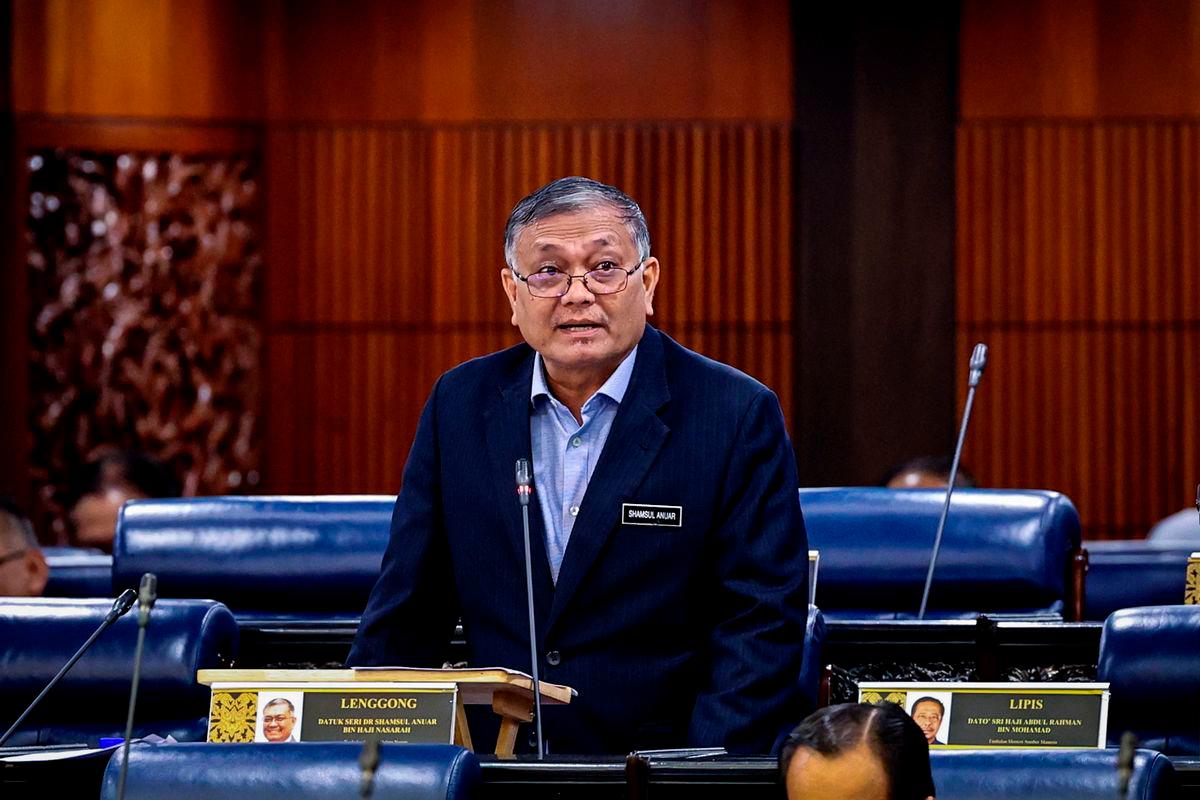KUALA LUMPUR: A total of 287 child pornography cases were probed by police between 2021 and 2025, with 90% resulting in prosecution and conviction, Lenggong MP Datuk Seri Dr Shamsul Anuar Nasarah (PH-PKR) told Dewan Rakyat yesterday.
The Home deputy minister warned that while this high conviction rate reflects police commitment, emerging digital threats, including AI-generated abuse content, are undermining efforts to bring offenders to justice.
“These manipulated materials weaken evidential value in court,” he said, referring to digitally fabricated images and videos made to appear authentic.
“These offences involve children. We take this very seriously. But this responsibility does not fall on police alone.
“We hope society would also help raise awareness and prevent these crimes from continuing,” he said.
He added that despite advances in digital forensics and the ability to trace IP addresses and user identities, prosecution is often hampered by offenders who use masking technologies, such as VPNs, and by tampered or encrypted evidence.
“We also deal with encrypted or manipulated evidence, making forensic verification more difficult.”
He said delays in cooperation from international platform providers and the complexities of cross-border evidence gathering further obstruct investigations.
Enhancing collaboration with CyberSecurity Malaysia, the Malaysian Communications and Multimedia Commission (MCMC) and the National Digital Department is vital to meet these challenges, he added.
“We will strengthen our capabilities and improve digital forensic training to respond to these evolving cyber threats.”
Jerlun MP Abd Ghani (PN-PAS) raised concerns about the increasing presence of sexualised advertisements involving children on digital platforms.
“These ads are becoming increasingly common and may appeal to children’s curiosity. Such ads could disturb the public and have a severely negative impact on moral values and mental health,” he said, urging stronger prevention strategies and AI tools to wipe out online pornographic content.
He added that MCMC works closely with police to monitor, block and remove such exploitative materials.
“Enforcement is done under various laws, including the Penal Code and the Communications and Multimedia Act 1998,” he said.
Shamsul confirmed that both measures are being pursued.
The Malaysia Internet Crime Against Children Unit, under Bukit Aman’s Women and Child Investigation Division, has been operational since 2013 and covers 11 departments nationwide.
Each state has at least one dedicated investigator and 31 Child Interview Centres are in place across the country.
“The Home Ministry is reviewing laws to close any loopholes, especially in relation to digital material. We cannot remain stagnant. The law must evolve as digital threats do.”









